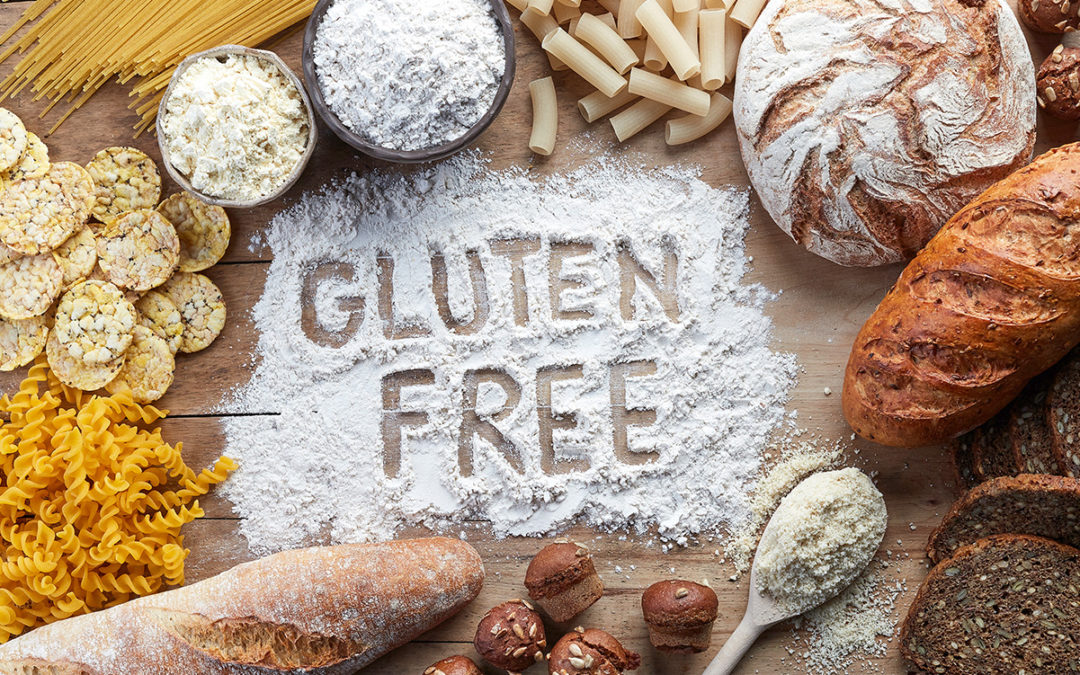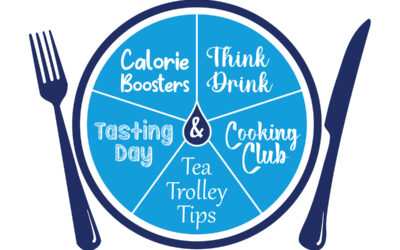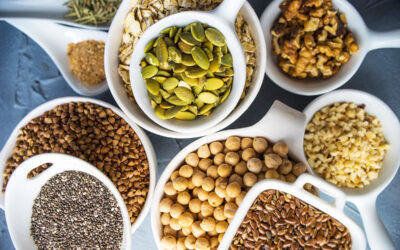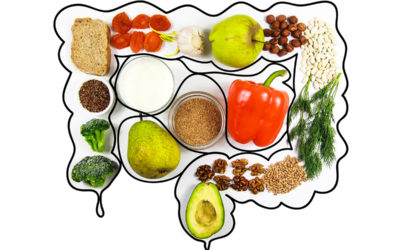It is currently Coeliac Awareness Month and working as a Nutritionist I have come across many people who aren’t very sure what coeliac disease is. I’ve even heard it called ‘celeriac disease’ at one time (the person and I had a good giggle about it when I corrected them!).
If you have coeliac disease, eating gluten triggers an immune response in your small intestine. Over time, this reaction damages your small intestine’s lining and prevents it from absorbing some nutrients (malabsorption).
The intestinal damage often causes diarrhoea, fatigue, weight loss, bloating and anaemia, and can lead to serious complications. (1)
Gluten is a dietary protein found in 3 types of cereal:
- Wheat
- Barley
- Rye
Gluten is found in any food that contains those cereals, including:
- Pasta
- Cakes
- Breakfast cereals
- Most types of bread
- Certain types of sauces
- Some ready meals
In addition, most beers are made from barley. (2)
As diet-related health (including intolerances and allergies) are becoming more acknowledged in the modern age, so is our awareness and education surrounding how to best support residents who come into our Nellsar Care Homes with special dietary requirements.
We have a number of residents in our Homes who are coeliac and our teams work incredibly well at monitoring and building personalised menus around their needs.
Being gluten-free isn’t as difficult now as it was years ago. You are able to go to any supermarket and buy a wide variety of gluten free (GF) products, which is fantastic for the GF consumer!
Our Nellsar catering teams are able to access support at any time and provide for special diets.
If you would like to find more tips on how to make the switch to a gluten free diet, here is a link to an article on the 12 essentials for a gluten free pantry: www.jamieoliver.com/features/gluten-free-pantry-essentials
Referenced links to information:
1) www.mayoclinic.org/diseases-conditions/celiac-disease/symptoms-causes
2) www.nhs.uk/conditions/coeliac-disease




